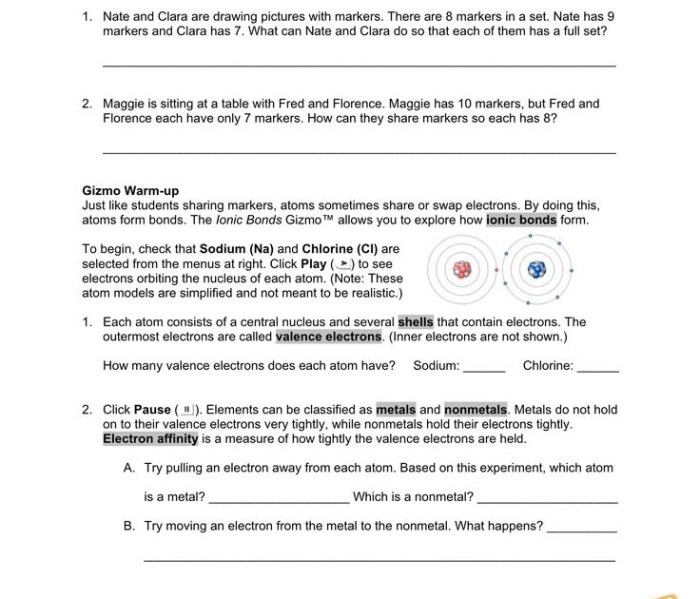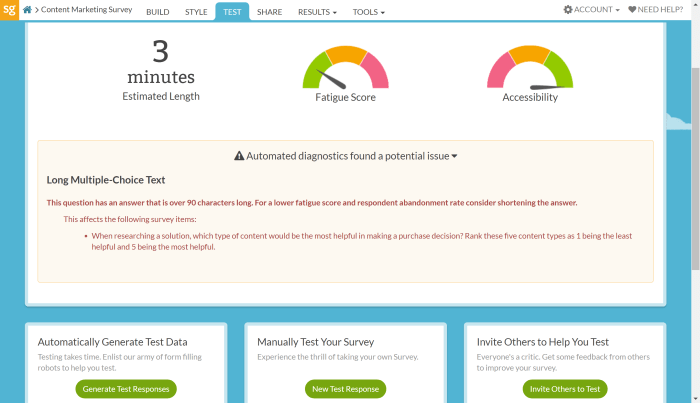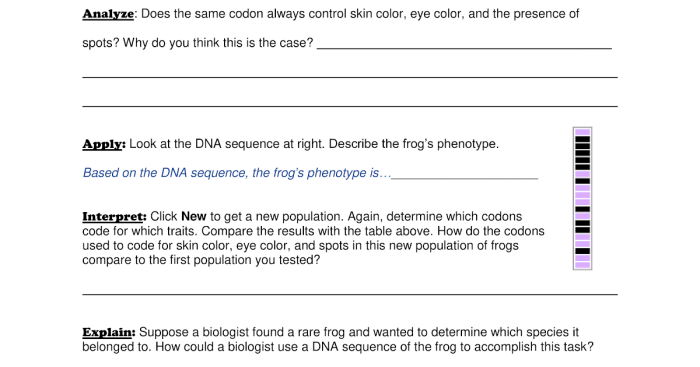With student exploration DNA analysis Gizmo answer key at the forefront, this comprehensive guide delves into the fascinating world of DNA analysis, providing a roadmap for understanding its significance and applications. This article offers a comprehensive overview of the topic, covering key concepts, methods, and ethical considerations, empowering students with the knowledge to navigate the complexities of DNA analysis.
DNA analysis has revolutionized various fields, including medicine, forensics, and biotechnology, and this guide explores the practical implications of this technology. By delving into the principles of Mendelian inheritance and the steps involved in conducting DNA analysis using the Gizmo simulation, readers gain a deeper understanding of the techniques and methodologies employed in this field.
DNA Analysis with Gizmo

DNA analysis is a crucial tool in scientific research, allowing scientists to understand the genetic basis of life and its implications for various fields.
The Gizmo simulation provides a comprehensive and interactive environment for students to learn the principles and techniques of DNA analysis. Through hands-on simulations, students can explore the structure of DNA, conduct genetic experiments, and analyze data to draw meaningful conclusions.
Key Concepts in DNA Analysis
Genes:Units of heredity that control specific traits.
Alleles:Different forms of a gene that occupy the same locus on homologous chromosomes.
Genotypes:The combination of alleles for a particular gene in an individual.
Mendelian Inheritance:Principles that govern the transmission of genetic traits from parents to offspring.
Methods and Procedures in Gizmo
The Gizmo simulation allows students to conduct DNA analysis through the following steps:
- Collect DNA samples from simulated organisms.
- Extract and amplify DNA using virtual laboratory equipment.
- Analyze DNA fragments using gel electrophoresis.
- Interpret the results to determine genotypes and predict inheritance patterns.
Data Analysis and Interpretation
Students interpret the results of their DNA analysis by:
- Identifying patterns in DNA fragment lengths.
- Matching genotypes to observed phenotypes.
- Drawing conclusions about the inheritance of specific traits.
Applications of DNA Analysis
DNA analysis has numerous applications in:
- Medicine:Diagnosing genetic diseases, developing personalized treatments, and studying the genetic basis of health conditions.
- Forensics:Identifying individuals through DNA fingerprinting, solving crimes, and determining paternity.
- Biotechnology:Creating genetically modified organisms, developing new drugs, and studying the evolution of species.
Ethical Considerations, Student exploration dna analysis gizmo answer key
DNA analysis raises ethical concerns related to:
- Privacy:Protecting individuals’ genetic information from unauthorized use or discrimination.
- Discrimination:Preventing genetic information from being used to discriminate against individuals based on their genetic makeup.
- Genetic Engineering:Ensuring responsible and ethical use of genetic technologies to avoid unintended consequences.
Query Resolution: Student Exploration Dna Analysis Gizmo Answer Key
What is the purpose of DNA analysis?
DNA analysis is used to identify and study the variations in DNA sequences, providing valuable insights into genetic diversity, disease susceptibility, and evolutionary relationships.
How does the Gizmo simulation aid in understanding DNA analysis?
The Gizmo simulation provides a virtual environment for students to conduct DNA analysis experiments, allowing them to manipulate variables, collect data, and interpret results, enhancing their understanding of the process.
What are the ethical considerations associated with DNA analysis?
DNA analysis raises ethical concerns regarding privacy, discrimination, and the potential misuse of genetic information. It is crucial to ensure informed consent, responsible data handling, and adherence to ethical guidelines.



